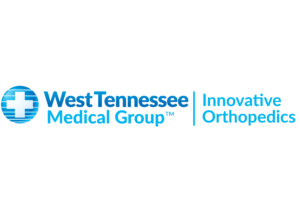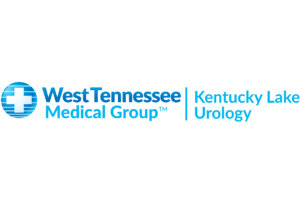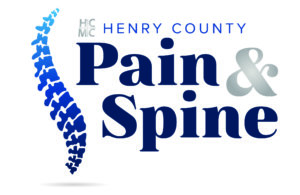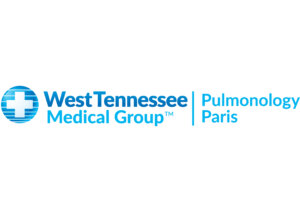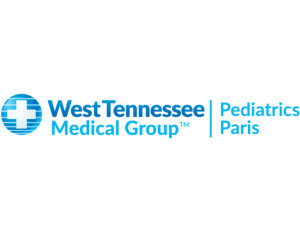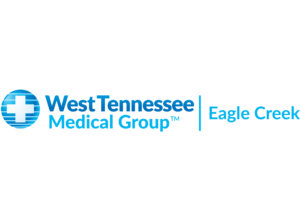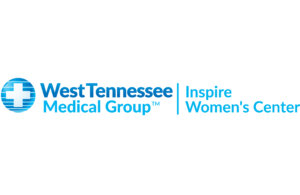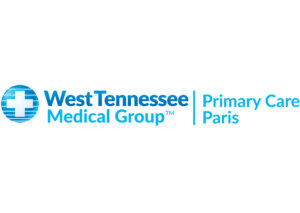
The first week of December is National Handwashing Awareness Week. Handwashing is such a simple and basic act, yet it is the easiest way you can prevent the spread of disease. With flu season upon us, along with several other communicable illnesses floating around, handwashing is one of the most important things we can do to stop the spread of these disease-causing germs. Viruses that cause colds and the flu are most often transmitted on the hands. It is common to catch colds when people rub their nose or eyes after their hands have been contaminated with the cold virus.
There are certain instances, when handwashing is extremely important. Below are the times you want to be sure to wash your hands, and wash them well:
- Before and after preparing food.
- Before eating food.
- After using the bathroom.
- After blowing your nose, coughing, or sneezing.
- After touching an animal, animal food, or animal waste.
- After touching garbage.
Washing hands correctly is also pertinent to prevent the spread of infection. The Centers for Disease Control and Prevention (CDC) calls handwashing a “do-it-yourself vaccine” and suggests remembering five easy steps: wet, lather, scrub, rinse, and dry. The CDC recommends the following for proper handwashing:
- Wet your hands with clean, running water.
- Lather your hands by rubbing them together with the soap. Be sure to get the backs of your hands, between your fingers, and especially under your nails.
- Scrub your hands for at least 20 seconds. An easy way for kids to remember is to sing the “Happy Birthday” son twice.
- Rinse hands well under clean, running water.
- Dry hands using a clean towel or air day. (Damp hands are 1,000 times more likely to spread bacteria than dry hands).
The CDC also recommends using hand sanitizers if soap and water for handwashing are not readily available. When using hand sanitizers, the CDC recommends sanitizers that contain at least 60% alcohol. When using hand sanitizers, be sure to use plenty of sanitizer and do not wipe it off your hands. Let it dry naturally. Hand sanitizers are not as effective at killing norovirus (stomach virus) or harmful chemicals such as pesticides or heavy chemicals, so be sure to wash your hands with soap and water as soon as possible if hand sanitizer is your only option.
It is especially important for parents to teach their children how to properly wash hands. Wash your hands often in front of your children and teach them the importance of handwashing. Visit the CDC website at www.cdc.gov/handwashing for posters emphasizing the proper way to handwash that can be displayed in public places. If you have any questions about handwashing, feel free to call the Henry County Medical Center Findline at 731-644-3643.
